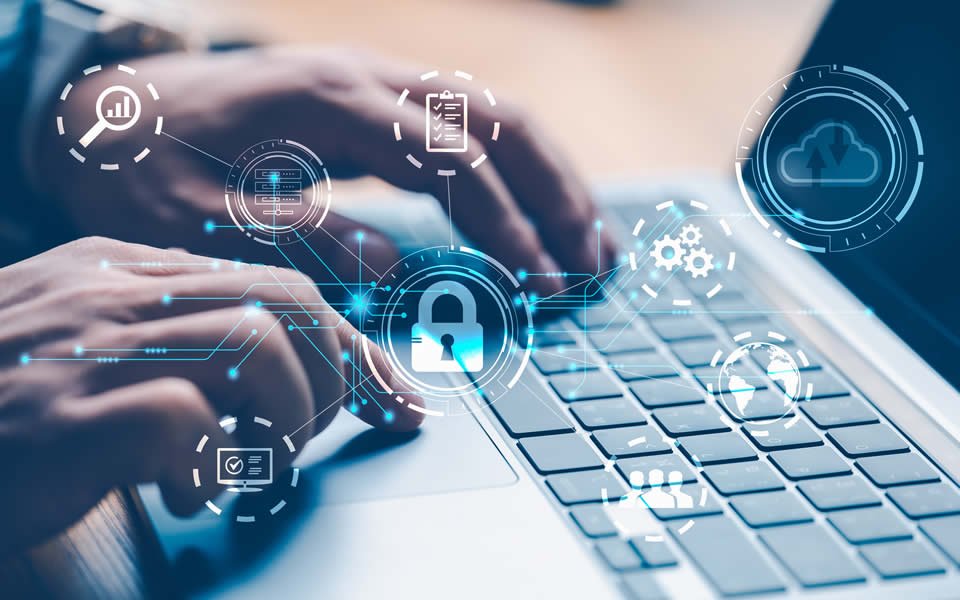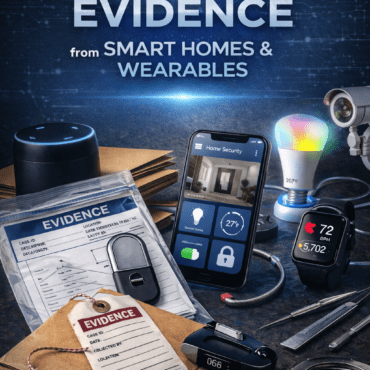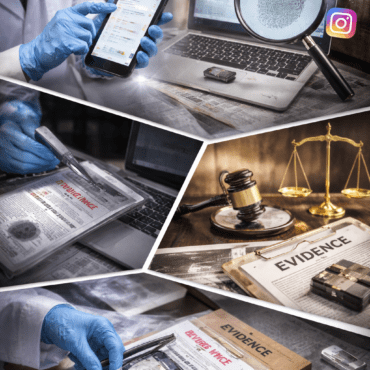Introduction
Digital forensics has become one of the most critical domains in today’s technology-driven world. From investigating cybercrimes to recovering deleted data and supporting law enforcement, digital forensic experts play a vital role in uncovering the truth hidden within digital evidence.
However, the field is highly specialised, demanding a unique blend of technical expertise, analytical thinking, and legal knowledge. If you are aspiring to build a career in digital forensics, it’s important to develop certain core skills that will set you apart.
1. Strong Understanding of Operating Systems
Digital evidence can reside anywhere—on Windows, macOS, Linux, or mobile platforms like Android and iOS.
-
Knowledge of file systems (NTFS, FAT32, ext4, HFS+).
-
Familiarity with registry structures, system logs, and configuration files.
-
Ability to analyse hidden or deleted files across different OS environments.
2. Networking and Protocol Analysis
Many cybercrimes occur over networks, making network forensics a crucial skill.
-
Understanding TCP/IP protocols and packet structures.
-
Using tools like Wireshark or NetworkMiner to analyse traffic.
-
Tracing unauthorised access, intrusions, and suspicious data transfers.
3. Proficiency with Forensic Tools
A successful forensic analyst should be comfortable with both open-source and commercial tools.
-
Autopsy, Sleuth Kit, Volatility, FTK, EnCase, X-Ways, Cellebrite.
-
Ability to perform forensic imaging, memory analysis, and mobile extractions.
-
Knowledge of when to use the right tool for the right case.
4. Data Recovery Skills
Deleted or corrupted data often holds the most critical evidence.
-
Experience with tools like TestDisk, PhotoRec, Foremost, and Scalpel.
-
Understanding disk structures and partition recovery.
-
Knowledge of RAID and SSD-specific recovery challenges.
5. Memory and Malware Analysis
Cybercriminals often use sophisticated malware that hides in memory.
-
Ability to extract and analyse volatile memory (RAM).
-
Skills in malware reverse engineering and identifying persistence mechanisms.
-
Familiarity with tools like Volatility.
6. Incident Response and Investigation Process
Digital forensics is often tied to cybersecurity incidents.
-
Following structured procedures: identification, collection, preservation, and reporting.
-
Skills in live system analysis during active attacks.
-
Integration with SIEM tools and SOC operations.
7. Legal Knowledge and Chain of Custody
Technical skills alone aren’t enough—legal admissibility of evidence is critical.
-
Understanding the Bharatiya Sakshya Adhiniyam (BSA) and the IT Act.
-
Maintaining the proper chain of custody for collected evidence.
-
Preparing documentation and reports suitable for court presentation.
8. Analytical and Problem-Solving Skills
Digital forensic investigations are like solving puzzles.
-
Ability to reconstruct timelines of events.
-
Identifying patterns in user behaviour or system logs.
-
Thinking like an attacker to trace back their digital footprints.
9. Communication and Report Writing
Forensic experts must explain technical findings in a non-technical way.
-
Writing clear, concise, and legally acceptable reports.
-
Presenting expert testimony in court when required.
-
Communicating effectively with law enforcement, lawyers, and clients.
10. Continuous Learning and Certifications
Technology and cybercrime methods evolve rapidly.
-
Staying updated with new forensic tools, OS updates, and cybercrime trends.
-
Earning certifications such as CHFI, GCFA, CCE, ACE, OSFTC, or EnCE.
-
Engaging in practical training and real-world case studies.
Conclusion
A successful career in digital forensics requires much more than just technical know-how. It combines IT expertise, forensic methodology, legal awareness, and communication skills. If you’re committed to developing these abilities, you can play a significant role in solving digital crimes and supporting justice.
Digital forensics is not just a career—it’s a responsibility to uncover the truth hidden in the digital world.





Post comments (0)